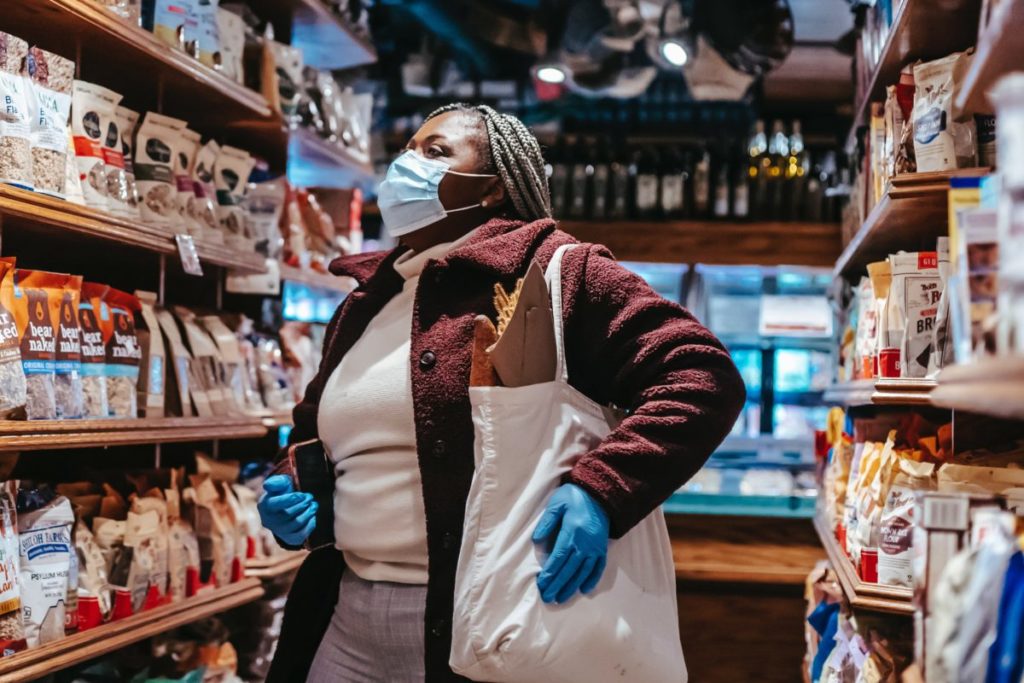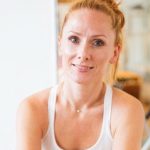
Covid-related mandates are falling. Some women entrepreneurs think it’s the wrong call.
The CDC, per its recently updated guidelines, does still encourage some measures – masking up when leaving Covid isolation or when knowingly exposed to Covid, for example. The agency also encourages vaccines and boosters for anyone eligible.
But most of its more stringent recommendations have been reversed. Moreover, there are no longer statewide mask mandates anywhere in the U.S., and vaccine mandates are spotty at best, with several being contended in state courts – those not already struck down, that is.
Amy Levy of Amy Levy Public Relations in Los Angeles, says she’s always been “far more restrictive” when it comes to her company’s Covid policies – and she won’t stop now, no matter what rulings are handed down. “I’m immunocompromised and need to self-protect,” she says. “I have embraced virtual meetings and continue to do so.”
“While mask mandates have [been] lifted across businesses, restaurants and schools … we all need to set boundaries that make us and our employees feel comfortable,” Levy adds.
JP’s Delights’ founder Tatianna Vassilopoulos, based in Davie, Florida, is also “still holding firm to masking and vaccine requirements” that extend far beyond what’s now required of her, given the amount of people she and her team encounter through her food manufacturing business.
“Especially here in Florida, where the standards are so lax, we’re trying to uphold what we have seen work best for other countries to try to do our part to prevent diseases from spreading,” she explains. “We want to be safe, and are trying our best not to spread any diseases to unsuspecting people.”
Staying the Masked Course
Official guidance on Covid has become scant and confusing.
The Story Exchange spoke recently with women entrepreneurs who are struggling to find some semblance of balance between safety and public sentiment. It’s tricky, because “there really isn’t any kind of push for masking up anymore,” Julie Algubani of clothing shop Modesty Marketplace in Amherst, New York, said.
The lack of cohesive messaging, combined with national fatigue, makes the process of setting and enacting in-store Covid policies “just not clear” for herself and others, she adds.
That said, Americans continue to get infected by Covid by thousands, and die of Covid by hundreds, every day – rates we have now maintained for months. And according to the CDC, nearly one in every five Americans who have gotten Covid now suffer from “long Covid,” which is defined by symptoms that persist for 3 months or longer.
Masks – especially high-quality ones, like KN-95s – have been proven effective at reducing risk of infection by as much as 83%. And while currently available vaccines don’t fare as well against the dominant BA.5 strain of Covid’s omicron variant in terms of curbing transmission, they do still stave off severe illness, hospitalization and death from Covid.
Which is why Jeanine E. Yutani, owner of Via Pilates in Henderson, Nevada, is also keeping her mask mandates in place. “[W]e have members of our staff, including myself, who are in more vulnerable populations, as well as numerous clients who are at higher risk,” she says. It’s a valid concern – research shows that vulnerable populations, such as immunocompromised people, are at higher risk of being hospitalized with Covid, regardless of vaccination status.
But the pushback she’s received has been “significant,” from clients complaining about mask discomfort during classes, to outright denying the existence of Covid. “We’ve lost at least 50% of our post-pandemic potential clientele because of the policy,” she says. Current customers haven’t been much better. “Staff has been berated and yelled at about the policy, and are simply accustomed to what they hear at this point.”
Yutani is staying firm, though – still reeling from an outbreak in her studio in June that sickened 10 clients, some of them severely enough that they have not yet returned to classes. “[A]ll it takes is one person to come in with Covid and spread it to others.”
She asks: “When a simple face covering can directly protect and preserve the livelihoods … and lives – what’s really the big deal?”




